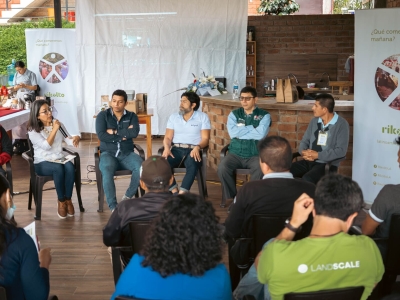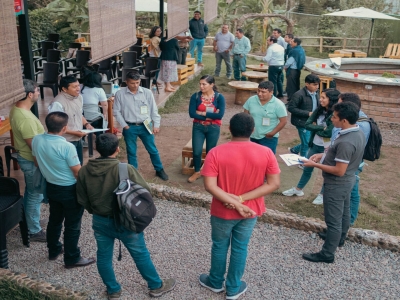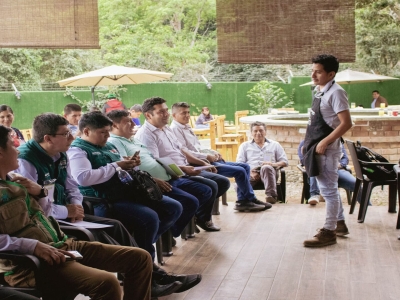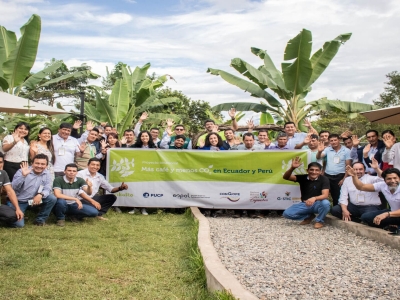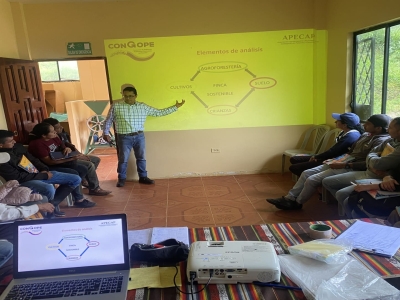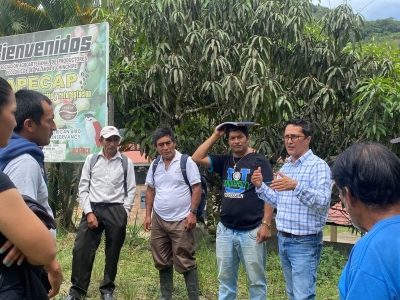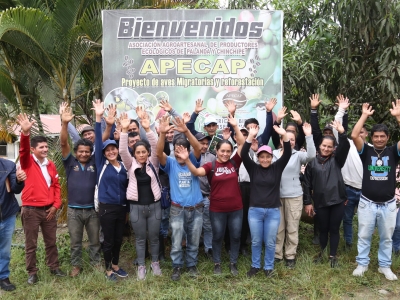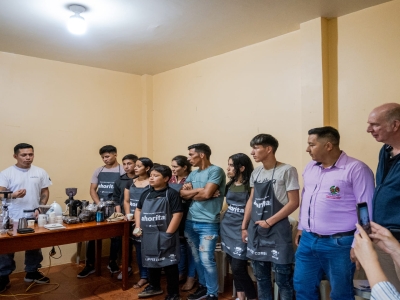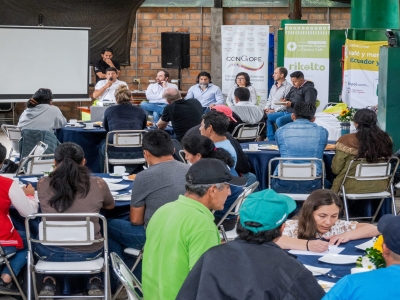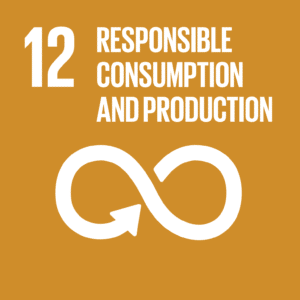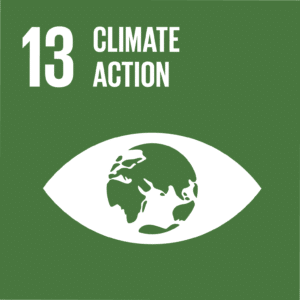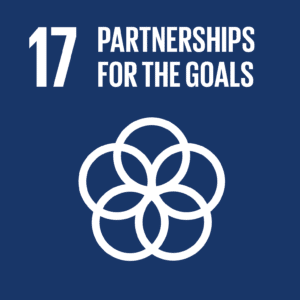Coffee production with sustainable agroforestry systems
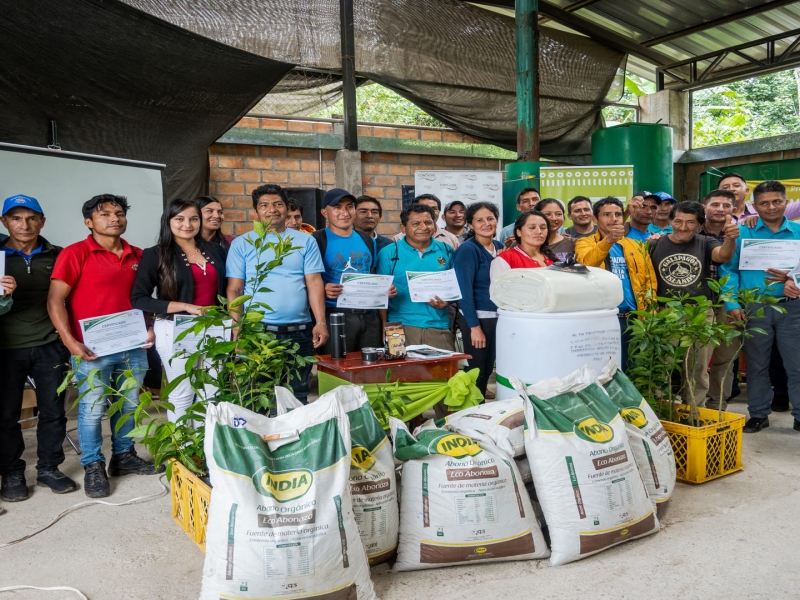
More coffee and less CO2
Small coffee producers in Peru are being strongly impacted by the effects of climate change. Heavier rains and longer droughts are accelerating soil deterioration and the prevalence of pests and diseases. Harvests are suffering as a result. In a country where coffee is the main agricultural export, more than 225,000 smallholder farming families depend on it for their livelihoods.
Desperate measures by farmers, such as extending the agricultural frontier to higher altitudes and switching to illicit coca cultivation, are resulting in further deforestation, soil deterioration, depletion of water sources, biodiversity loss and increased greenhouse gas emissions.
The future of carbon neutral coffee
The world’s demand for coffee continues to rise. Yet, in contrast to current problematic farming practices in Peru, the market actually wants products with a smaller environmental footprint. This can happen if coffee farmers adopt sustainable agroforestry systems (SAF), in which a combination of environmentally beneficial practices would result in carbon neutral coffee.
Efforts were made to encourage authorities to implement sustainable agroforestry systems. Sustainability standards also needed to be adhered to. Additionally, it was important to obtain certifications for practices such as organic production, waste management, water management, soil management, biodiversity, etc.
In Ecuador and Peru, 89 coffee producers and technicians were trained to provide technical support and guidance in areas such as the life cycle approach and sustainable agroforestry systems, with the goal of reducing the ecological footprint of the coffee supply chain. The Farmer Field Schools and the training programme were validated by the Pontificia Universidad Católica del Perú, which also certified participants in Peru, and the Escuela Superior Politécnica del Litoral. A guide for designing and implementing agroforestry systems was also produced.
A groundbreaking analysis of vulnerabilities and mechanisms for greenhouse gas reduction and carbon sequestration in the coffee supply chain of Ecuador was also conducted. In Peru, within the framework of the Cajamarca Coffee Multistakeholder Platform, the National Service of Protected Natural Areas, Cajamarca’s regional government, and the Red Técnica del Norte cooperative, developed a regional roadmap for carbon neutral coffee.


